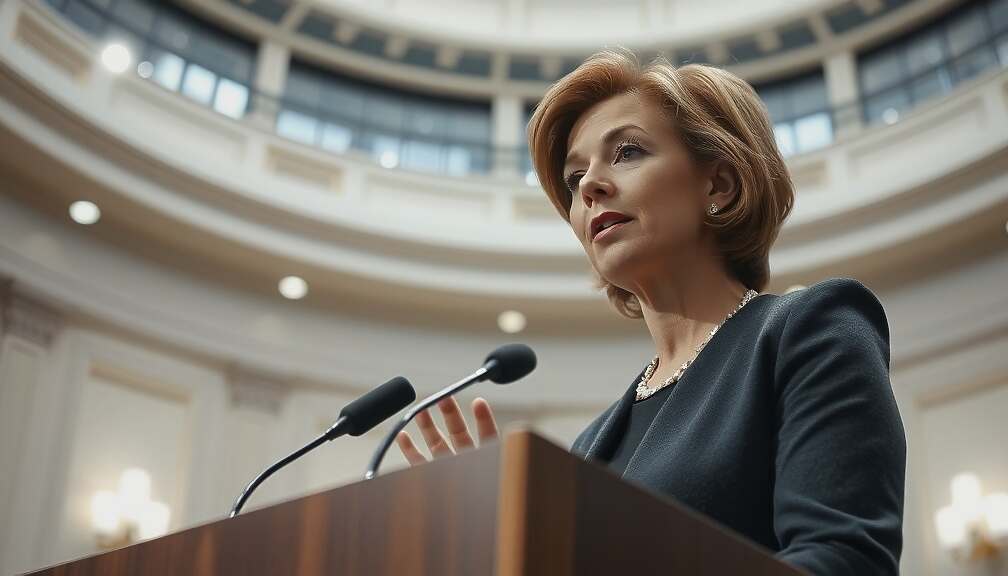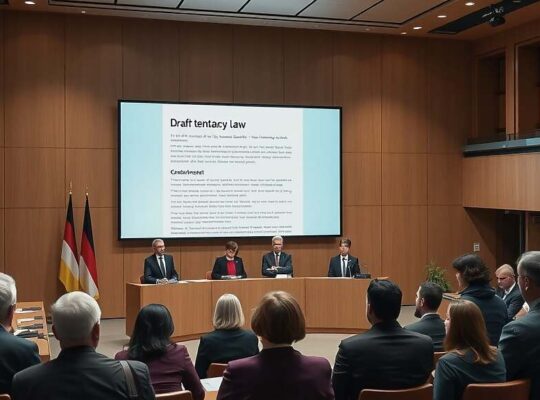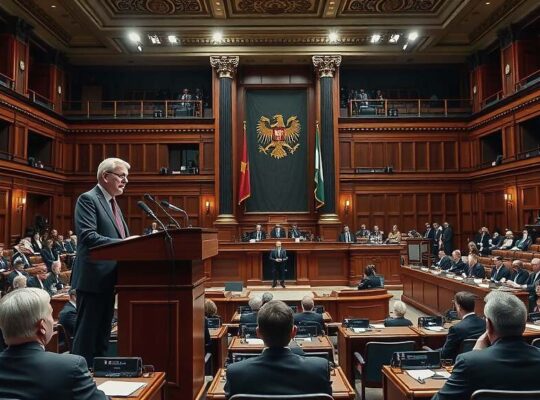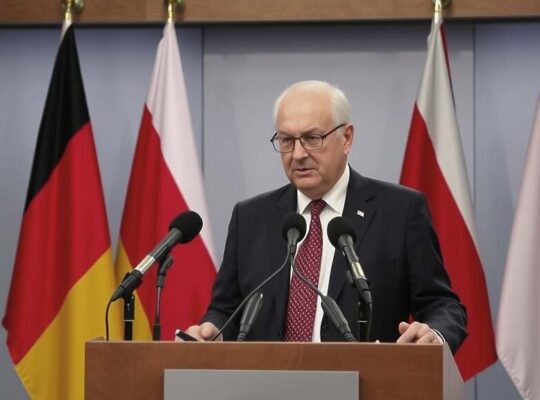The German Justice Minister, Stefanie Hubig of the Social Democratic Party (SPD), has publicly advocated for a reform of Paragraph 218, the section of German law criminalizing abortion. In an interview with “Die Zeit” Hubig emphasized the deeply personal and often existential nature of these decisions for the women involved, arguing that clarifying in law that abortion within the first three months is not a criminal act would be beneficial for both women and medical professionals. “For me personally, this topic has no place in criminal law” she stated, signaling a shift in perspective within the governing party.
However, Hubig expressed skepticism about the likelihood of achieving this reform within the current coalition government. Describing the issue as “fiercely contested” she conceded that a comprehensive legal change is unlikely to materialize during this parliamentary term.
Her comments arrive amidst ongoing debate and political sensitivity surrounding reproductive rights in Germany, notably fueled by the recent controversy surrounding Frauke Brosius-Gersdorf’s failed attempt to become a judge on the Federal Constitutional Court. The rejection, orchestrated through political maneuvering, deeply disturbed Hubig, who characterized it as damaging to public trust in the judiciary’s independence. She noted the unprecedented nature of the incident and expressed relief that subsequent attempts successfully nominated three highly qualified candidates. Hubig also praised Brosius-Gersdorf’s resilience and dignity in navigating the ordeal.
Furthermore, Hubig firmly rejected the proposal by the Alternative for Germany (AfD) to have a nominating voice in the selection of Federal Constitutional Court judges. She underscored the paramount importance of exceptional legal qualifications and an awareness of the significant ramifications of the court’s decisions in the selection process. Granting a party with individuals flagged for suspected extremist views the power to propose candidates, she declared, is “a no-go” highlighting the fundamental principles of judicial impartiality and the safeguarding of constitutional values. This stance represents a clear challenge to rising political pressures aiming to influence the judiciary’s composition.












